Non-fiction: the vegetables of the book world
I read non-fiction because I should. Because I am a responsible adult. Because I do things out of duty, tradition, and social pressure. These are also the exact same reasons I eat vegetables.
I know that vegetables can taste awesome. I’m a big believer in roasted broccoli with sea salt, potatoes in all forms, corn on the cob, and any veggie off the grill. However, it’s not my go-to. I’m not ever like, “Man, I could really go for some green beans right now.” Who is? (And don’t raise your hand if you eat your green beans covered in butter and bacon. That doesn’t count! And while I’m talking to vegetable people, why are you spreading rumors that mashed cauliflower tastes better than mashed potatoes? That’s like someone saying, “I stayed up all night to finish ‘7 Habits of Highly Effective People’. No! It’s simply not true!)
As in eating vegetables, I read non-fiction for self-improvement. I have several titles on my kindle that hover around 20% read because, let’s face it, I only read them when I’m feeling particularly interested in a topic, curious about a popular book, or just feel like being a Super Adult today. And that only gets me so far, which is rarely half way in my case.
Chick Lit: the milk duds of literature
Some mornings are rough. Some afternoons never end. Some days drag on and on and on and when the kids are finally in bed, you reward yourself with chocolate covered caramel. Enter Chick Lit.
Chick Lit, also known as Women’s fiction, is your typical beach read. It’s a breezy storyline with well-told but uncomplicated plots. There’s usually romance, happy endings, and humor.
To me, these books can’t sustain a reading diet, much like milk duds are not a regular on the menu at my house. But it’s a good treat for the long days, and a nice break when you just want to relax and escape.
One box = perfection.
Too many at once = not loving it anymore.
Seasonal Reads: when the months determine the menu
Our family menu changes a bit with the seasons, partially due to ingredients, the weather outside, and the main cook’s strong sentiments towards what food feels seasonal.
Summer? Let’s grill out and eat ridiculous amounts of watermelon.
Fall? I will survive on pumpkin bread, thank you very much.
Winter? Beef stew and crusty French bread.
Strangely, there is a season to my reading as well.
In the summer, I like to read lighter things, so I tend more toward Chick Lit, shorter fiction, or memoir. And, because I first read Les Miserables in a college summer, I usually crack it open and reread it a bit.
The fall makes me want to read the Lord of the Rings trilogy. (All of them, in order, preferably before December. Does anyone else still feel like another movie should be coming? I’m obviously in denial.)
As the days get shorter and the sunset starts during the dinner hour, I want big long books that will travel with me all winter. Winter is the time for classics, for contemporary fiction that rambles, for books that are savored with mugs of hot chocolate or a friendly pot of decaf. It doesn’t have to move fast, wrap up quickly, or have action-packed pages. It’s winter. I’ll be here awhile. Let’s just take our time.
The books you come back to: comfort foods on your shelf
There are some foods that always deliver. Sure, maybe they take a little time as the rich flavors simmer. Maybe they require more prep with all the fresh ingredients. Or maybe you love it because it reminds you of home, of summer, or of someone special. Some comfort foods at our place are pork tacos, beef stroganoff, fresh bread, homemade pizza, and cinnamon rolls (we’re carbavores, can you tell?) Comfort foods never steer you wrong. They taste like home, like grace, like rest. I know these foods, I think as I make them.
There’s a short list of authors that I would describe in the same way. Sometimes it’s nostalgia, sometimes it’s the quality of the writing, and sometimes it speaks to something way down deep. I generally reach for these authors because I’m reaching for something intangible; and I don’t just escape, I come back filled. The authors that can tell a story that makes your heart soar, ache, hope, and yearn- those authors are simply my favorite.
Some of my comfort books are To Kill a Mockingbird, Jacob Have I Loved, any book in the Anne series by L.M. Montgomery, and Willa Cather’s My Antonia.
For my boys, the Percy Jackson adventures are some that they return to over and over. For my daughters, Judy Blume’s Fudge books, the Penderwicks series, and the Enchanted Forest Chronicles are well-loved and worn already. These books are familiar, safe, and comforting, like good books and good food should be.
There’s room for variety of appetites, in books and in food. I’m usually pleasantly surprised when I venture out into new genres, but I’m also at a place where my preferences are fairly predictable. With food, books, and life in general, I have a pretty big appetite. And I think that’s a good place to be.
With that thought, I’ll sign off. And with this post our ‘For the Love of Books’ series is ending as well. Thanks for reading along as we talked all things books. Happy reading, folks!
Follow Becky's other amusing musings on her website at www.beckyswanberg.com. While you're at it, do us a solid and encourage her to publish those manuscripts!

















